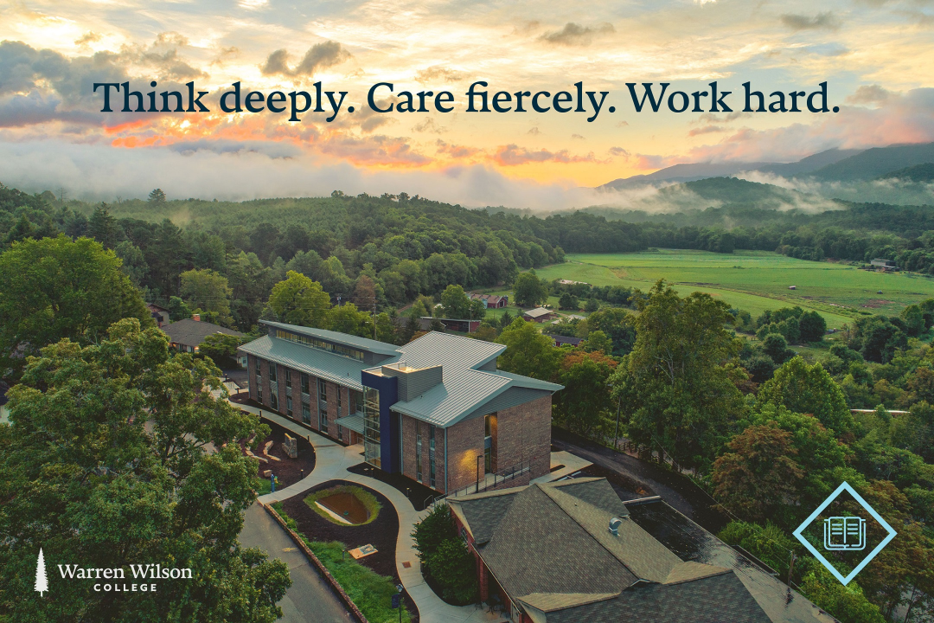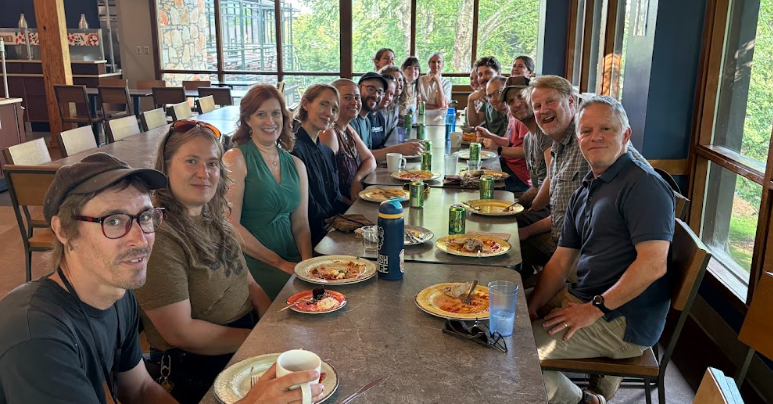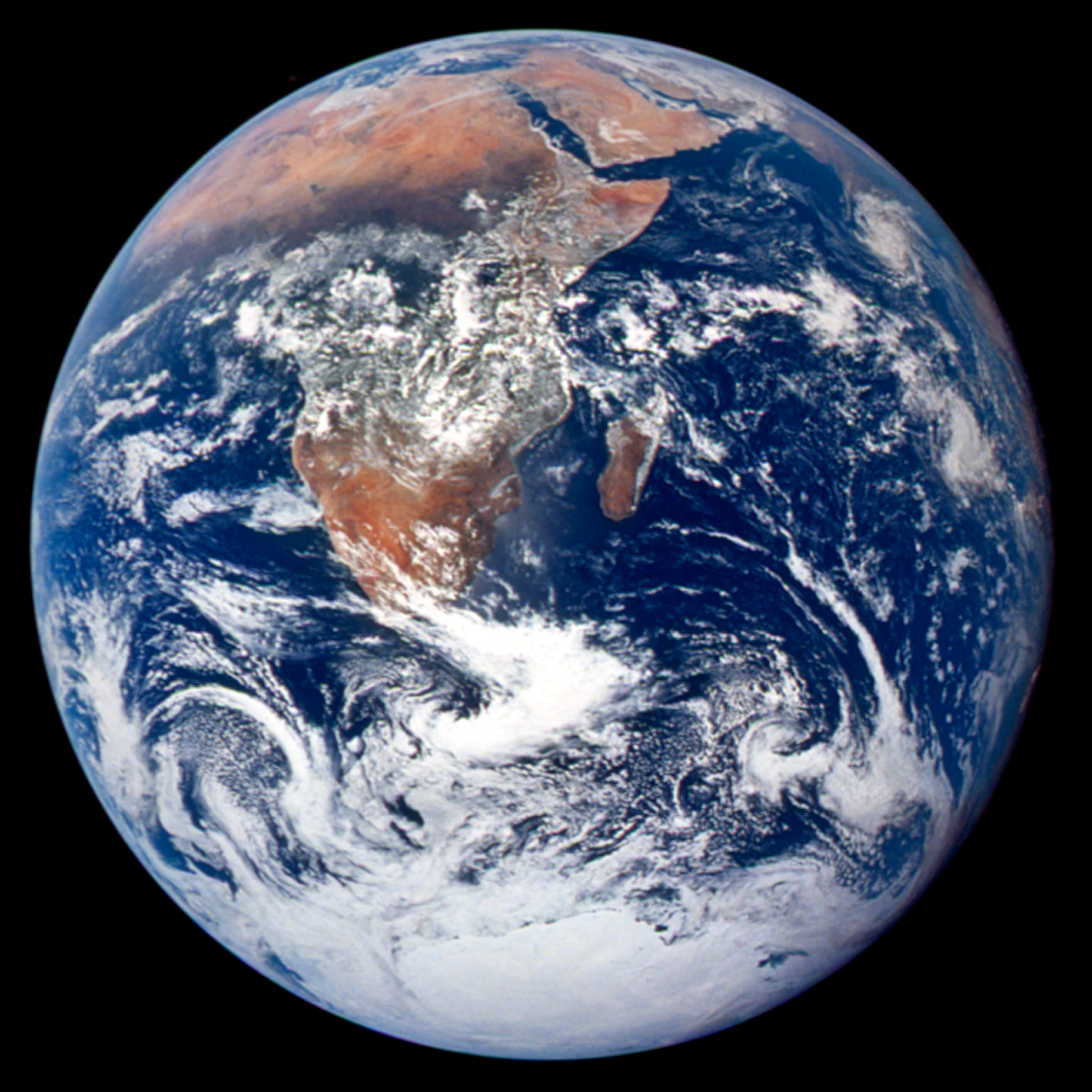
- Teacher: Melissa Booth
- Teacher: David Ellum
- Teacher: Eric Griffin
- Teacher: Keith McDade
- Teacher: Moorthy Muthukrishnan
- Teacher: Holly Rosson

- Teacher: David Gliem
- Teacher: Delilah Griswold
- Teacher: Keith McDade
- Teacher: Delilah Griswold
- Teacher: Keith McDade
- Teacher: Delilah Griswold
- Teacher: Keith McDade
- Teacher: Moorthy Muthukrishnan

This course provides a rigorous, systems-based introduction to the physical science of climate change, designed as the scientific core of the Master’s in Applied Climate Studies program. We examine the fundamental mechanisms that drive Earth’s climate, from energy balance and greenhouse gases to feedbacks, carbon cycling, and planetary boundaries. Students will develop the ability to interpret climate data, evaluate projections, and understand uncertainty, while connecting global processes to regional and local impacts. The course integrates in-person residency sessions with online modules to build both scientific fluency and science communication skill. By the end, students will be able to explain key climate concepts clearly to non-specialist audiences, evaluate claims using evidence, and engage critically with decision-making tools that shape climate policy.
- Teacher: Melissa Booth
- Teacher: Keith McDade
- Teacher: Moorthy Muthukrishnan